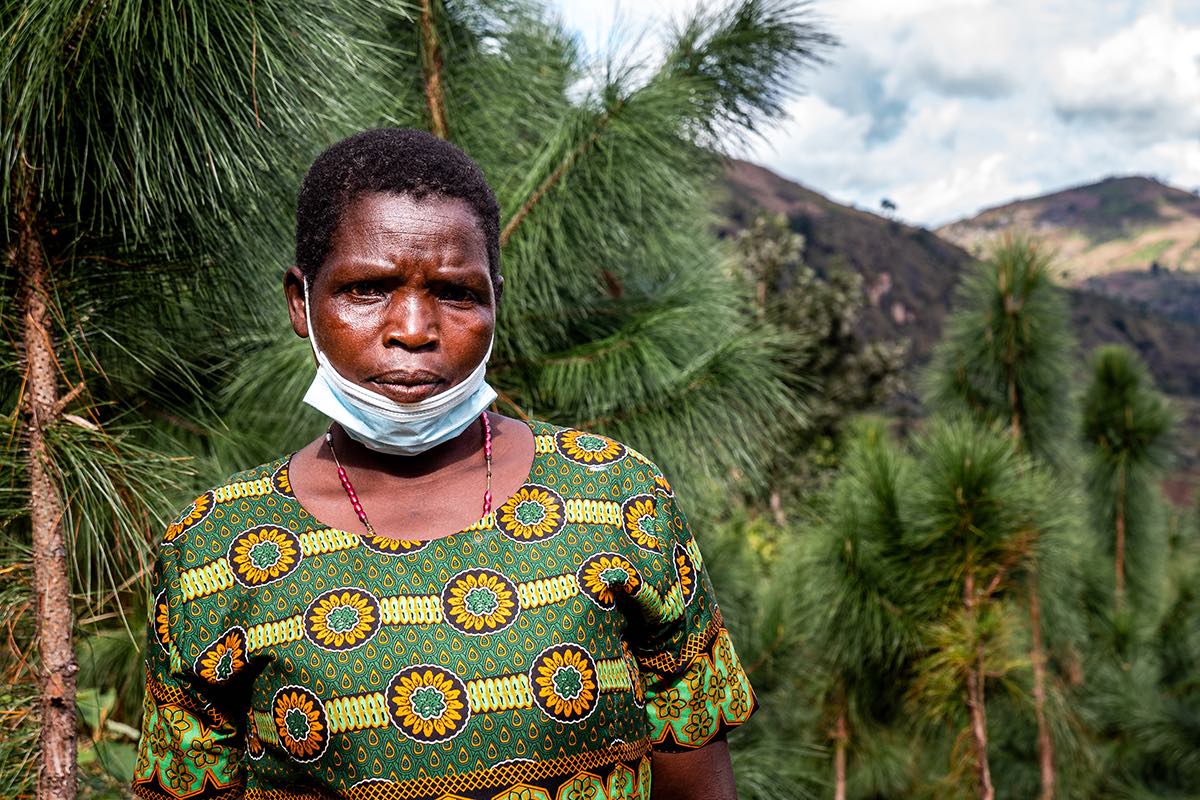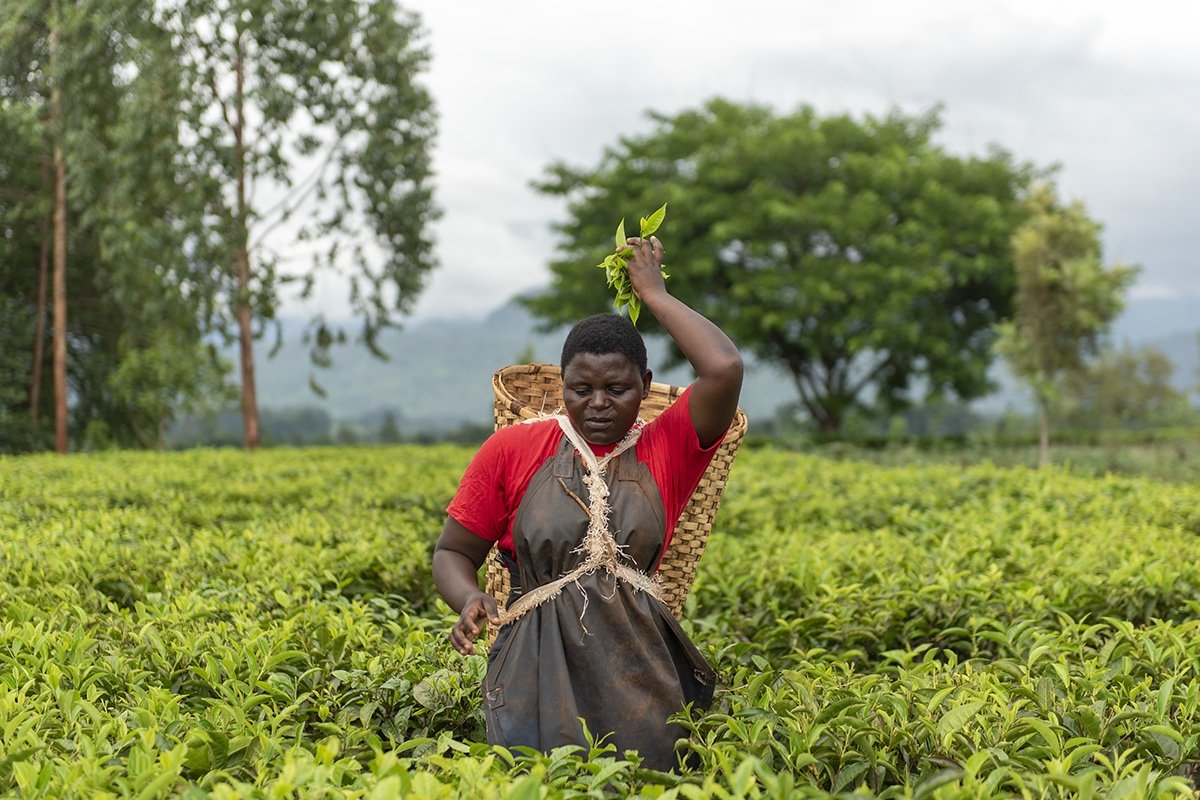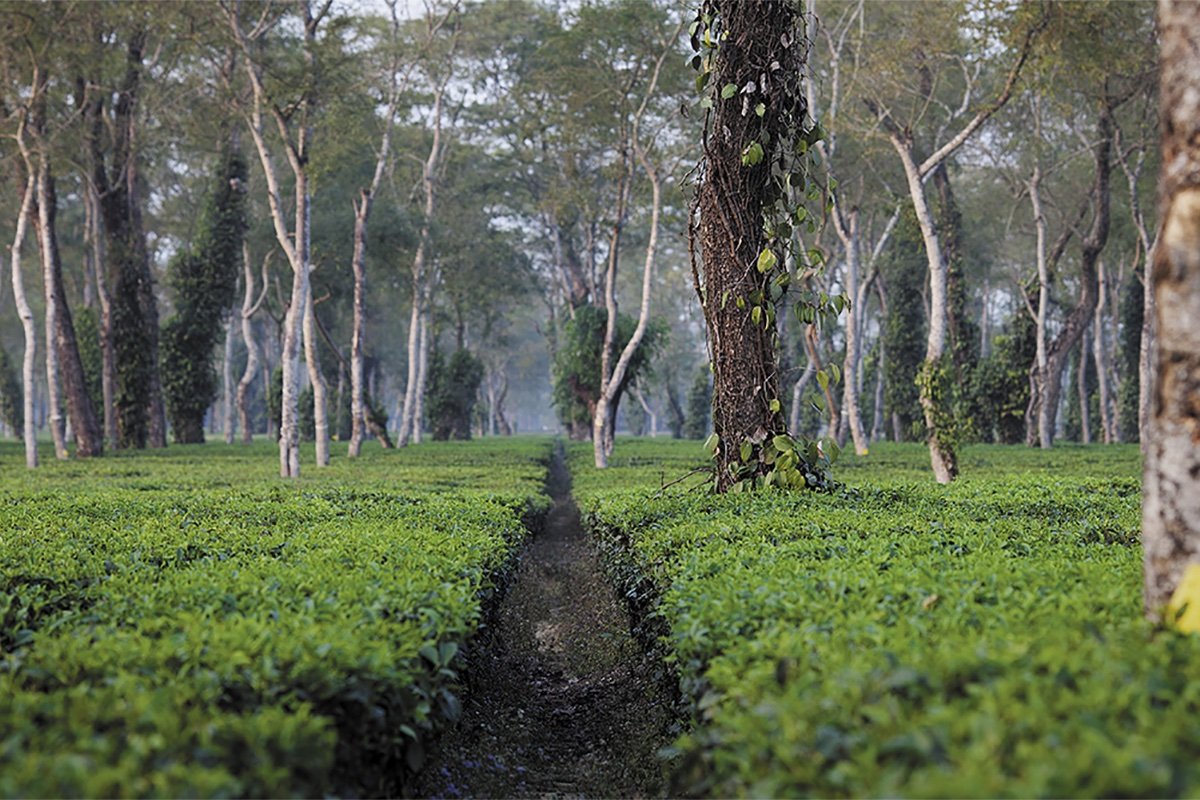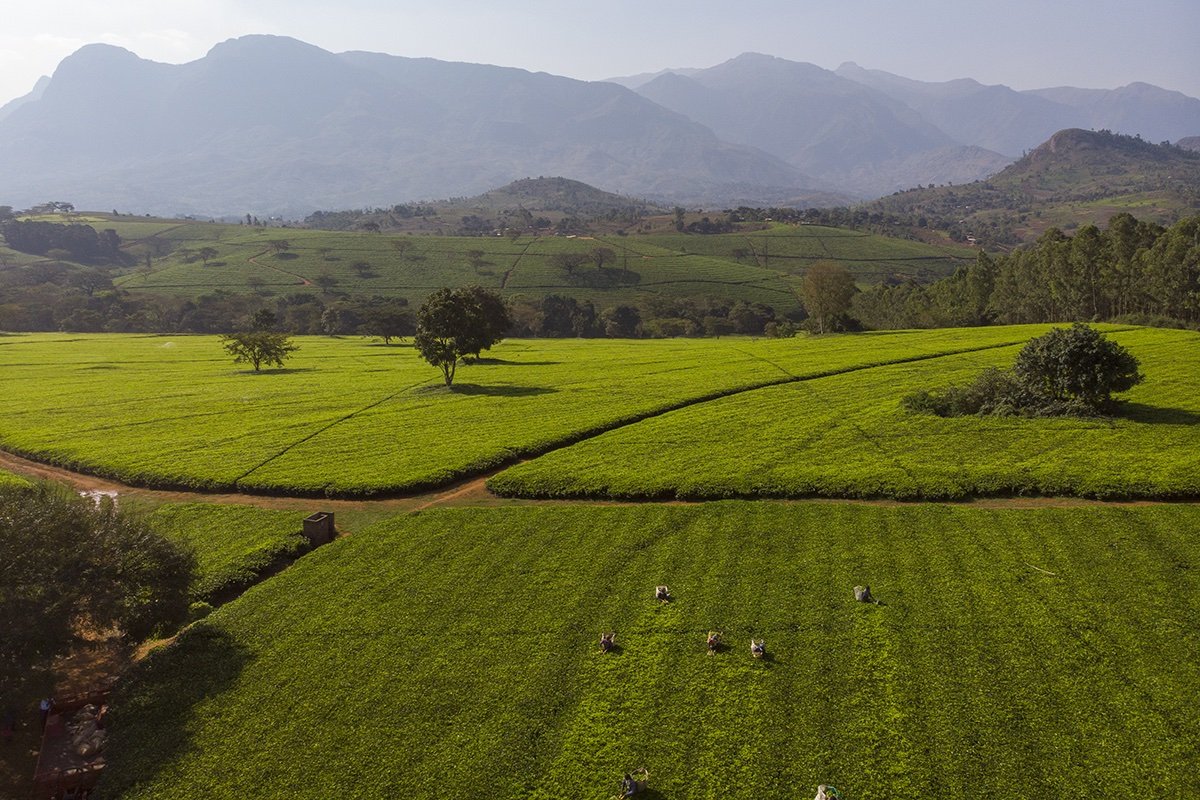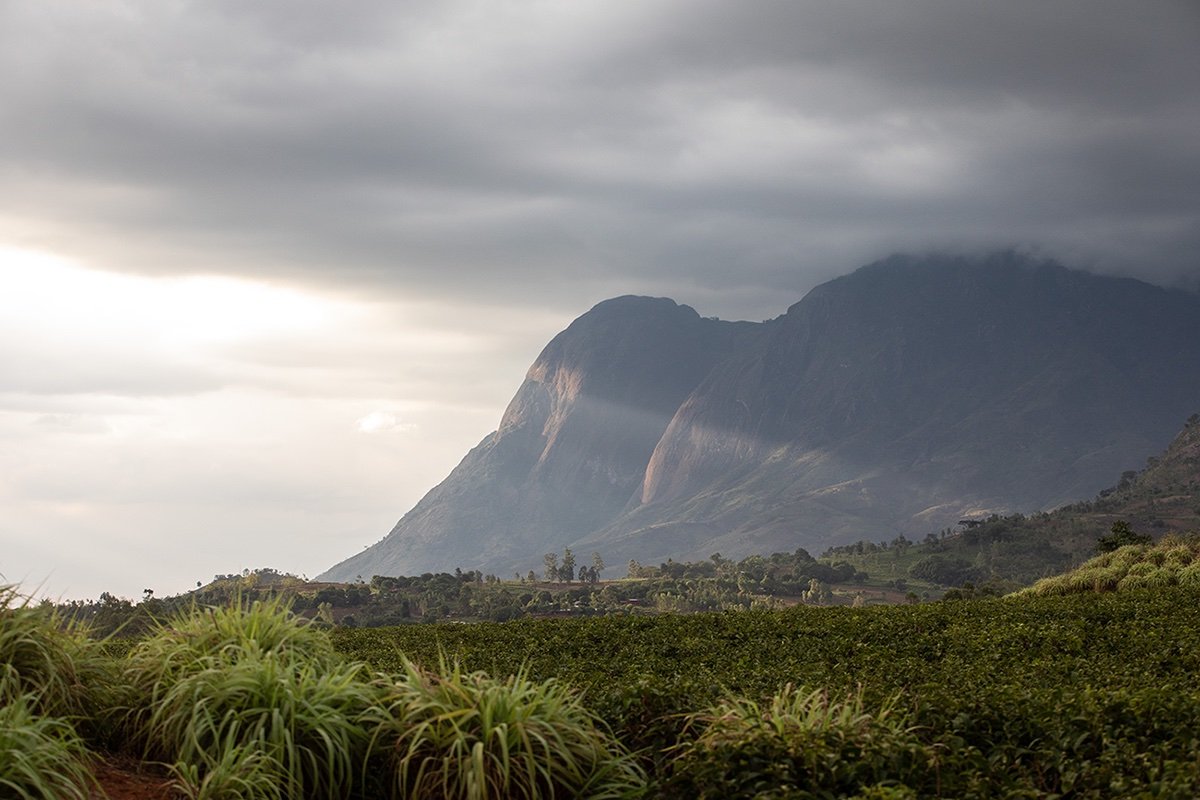Our Environment & Climate Lead, Rachel Cracknell, details our holistic approach to environmental issues, recognising the interconnectedness of the challenges faced by tea communities.
At ETP, our Strategy2030 is designed to create a positive impact across three areas: the economics of tea; equality for women and young people in tea; and the environmental sustainability of tea.
In recent years, I’ve been excited to see the growing recognition amongst our members and partners of the intersectionality of these issues, and the need for an interdisciplinary approach to our initiatives. That is, a move away from traditional, ‘silo’ projects that focus on just one impact area, to developing opportunities that cross-cut all three.
